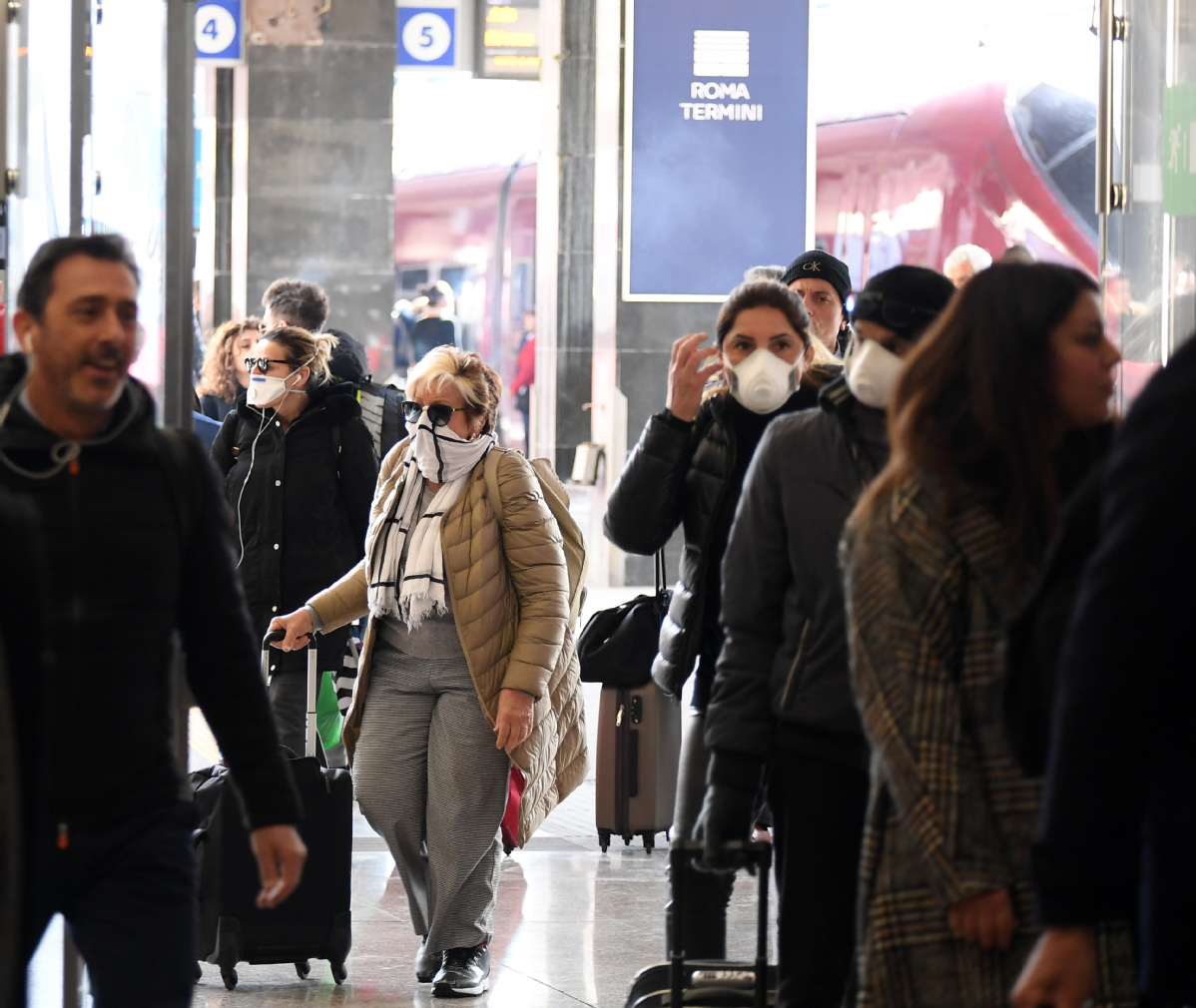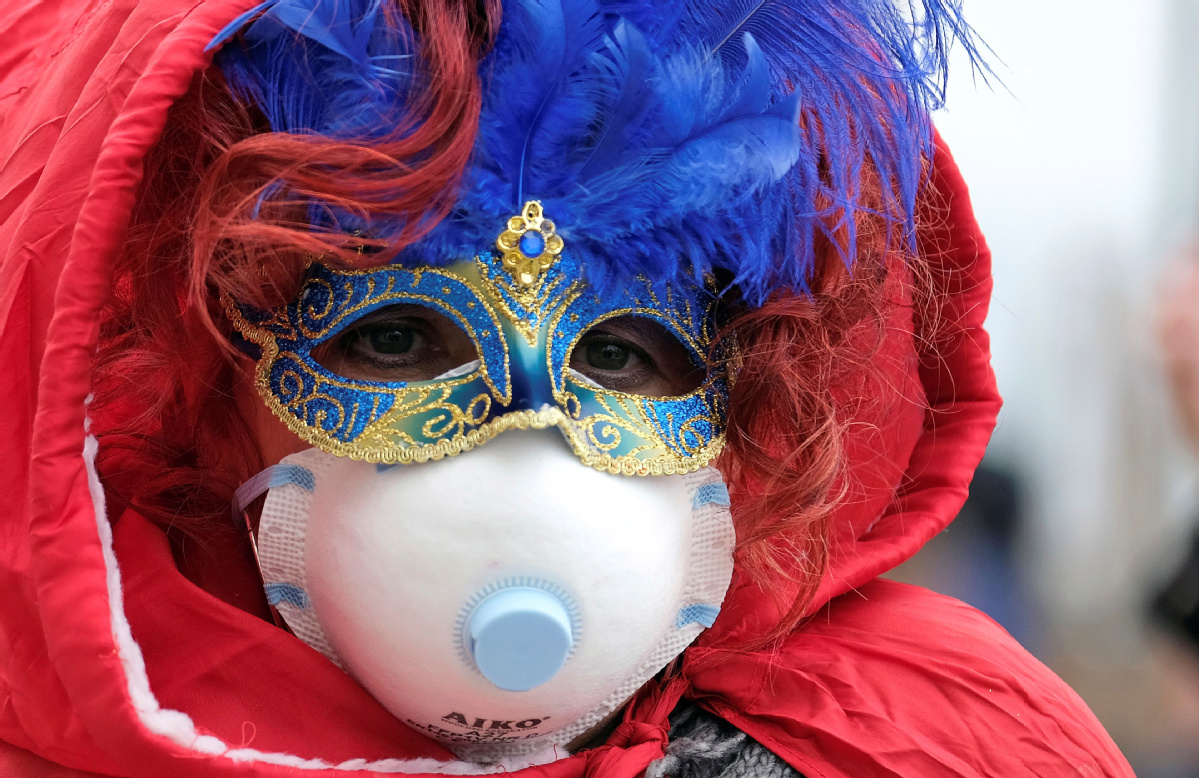Italy battles to enforce nationwide lockdown


Prime minister praised for decision, but challenges emerge
Editor's note: Nations are collaborating in the fight against the novel coronavirus pneumonia outbreak to limit the damage to people's health and the impact on the global economy. Here, in the second part of a series titled "One World, One Fight", we look at how countries can work together.
Since a nationwide lockdown was imposed in Italy on Monday evening, Franco Giovinazzo, proprietor of the Spazio Caffe in Rome, has had no difficulty ensuring his customers keep a safe distance from one another.
"I wish I was having problems keeping people apart, but that's the least of my worries. The real problem is that there's no one here," he said.
The Italian government has widened its lockdown of cities and regions hit hard by the novel coronavirus pneumonia outbreak to include the entire country. It has been lauded for the decision, but enforcing the new rules has been challenging.
While panic buying has taken place in some areas of the country, streets have remained eerily quiet in others.
The nationwide restrictions imposed on Monday followed a lockdown announced by Prime Minister Giuseppe Conte the previous day for a large area of the nation's industrial north.
Home to some 16 million people and including the cities of Milan and Venice, this area was effectively placed under quarantine, with people told they could not travel to other parts of the country.
However, by Monday evening, Conte said the scale of the initial lockdown was insufficient to contain the virus. As a result, he extended the restrictions to include the entire nation of 60 million people.
"We are facing an emergency, a national emergency," he said in a televised address to announce the new restrictions. "We have to limit the spread of the virus and prevent our hospitals from being overwhelmed."

Conte said people should only venture out of their homes to go to work, to shop, or for emergencies, adding, "there is no more time".
"We're having an important growth in infection... and of deaths," he said. "The whole of Italy will become a protected zone."
Conte said schools, nightclubs, museums, cinemas and gymnasiums nationwide must remain closed.
All religious, cultural and sporting events have been suspended and cruise ships are not allowed to dock at Italian ports. However, public transportation services are continuing to operate.
The restrictions, which have been praised by the World Health Organization and will initially last until April 3, mirror the successful steps China took weeks ago to stem the spread of the virus.
WHO Director-General Tedros Adhanom Ghebreyesus said Italy was making "genuine sacrifices" in the global fight against the virus.
The WHO said in a statement, "Allowing uncontrolled spread should not be a choice of any government, as it will harm not only the citizens of that country but affect other countries as well."
The director-general said that four countries-China, Iran, Italy and South Korea-had 93 percent of the world's confirmed cases of infection from the virus.
"Now that the virus has a foothold in so many countries, the threat of a pandemic has become very real," he added.
In the United Kingdom, Paul Hunter, a professor of medicine at the University of East Anglia, agreed with this assessment and praised Italy for taking such drastic steps.
"The recent extension of COVID-19 controls in Italy represent one of the most rigorous countrywide control measures implemented in the past 50 years," he said.
"Whilst we have seen in Wuhan that such intensive social distancing can bring the epidemic under control, it is far from clear how long this may need to be maintained in the Italian context."
As of Tuesday afternoon, with Italy declaring 10,149 infections and 631 deaths from the outbreak, the mood nationwide was bordering on panic.
























